Slips, trips and falls – raising awareness
A number of our members have seen an increase in the number of slips, trips and falls reported from offshore vessels in the past twelve months. There is a clear need to raise awareness and highlight several serious incidents involving slips and trips.
Slips and trips are one of the most common causes of major injuries at work. The worst kind of these accidents can prove to be fatal but they can also lead to cuts, bruises, head injuries, back injuries and fractures. All slips and trips are preventable if all procedures, processes and risk assessments are followed. Everyone has a personal and shared responsibility to work together cooperatively to prevent workplace injuries.
The following issues in particular may be highlighted:
- Stairs – distraction, rushing, weather conditions etc;
- Contamination of flooring – contamination can be classed as anything that should not end up on a floor, e.g. rainwater, oil, grease, cardboard, product wrapping, dust, etc;
- Walkways – trailing cables, stored items, debris, unsecured mats, changes in levels and slopes etc;
- Obstacles – whether permanent or temporary;
- Housekeeping – a large percentage of trip accidents are caused by poor housekeeping. So improving housekeeping helps eliminate a large number of accidents;
- Environment – weather, noise, humidity, condensation, lighting, vessel movement etc;
- Suitable footwear – can play an important part in preventing slips and trips, choose the appropriate work footwear;
- People or human factors – how people act and behave in their work environment – fatigue, loss of concentration, horseplay and low risk perception etc.
In conclusion:
- The incidents described here were all wholly avoidable. Luckily many of these cases resulted in minor injuries to the individuals. However, the potential was there for a more severe injury to have been sustained;
- For some, safety only becomes an important consideration when they are doing a dangerous job or task. They rationalise that safety procedures can be bypassed or ignored when the task is simple, small, ‘routine’ and seemingly presents little risk of injury. Unfortunately, this type of thinking is why many ‘routine’, and apparen’tly safe tasks or jobs, end up resulting in accidents;
- The habit of working safely should not be limited to those activities or tasks that are the most difficult or dangerous. ‘Work safe habits’ should be part of your everyday work ‘routine’. If safety is not incorporated into every job or task you do, it is really only a matter of time before an accident occurs;
- All worksite areas should be free from hazards through effective planning, procedural controls and risk assessment of tasks;
- Effective toolbox talks, supervision and an ongoing review of working practices are essential to ensure learnings are identified, acted upon and shared.
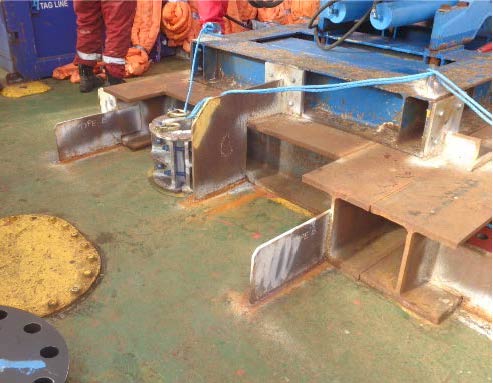
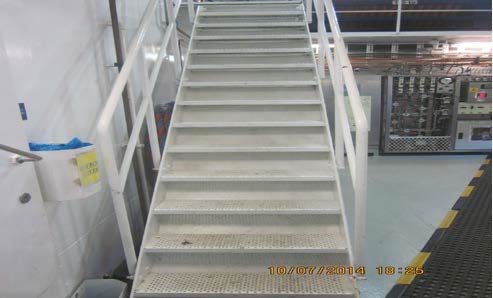

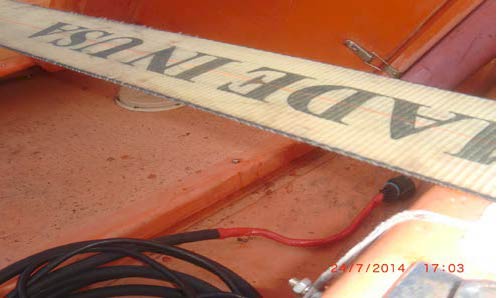
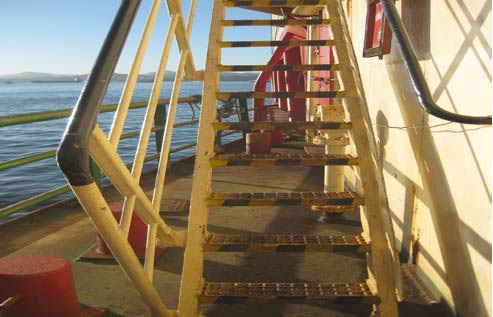
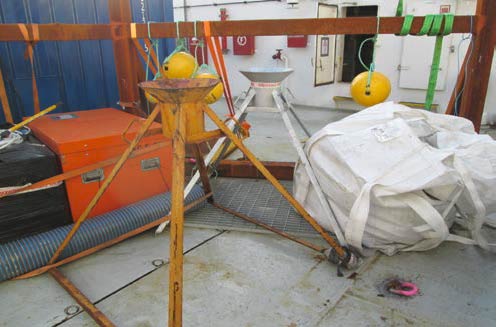

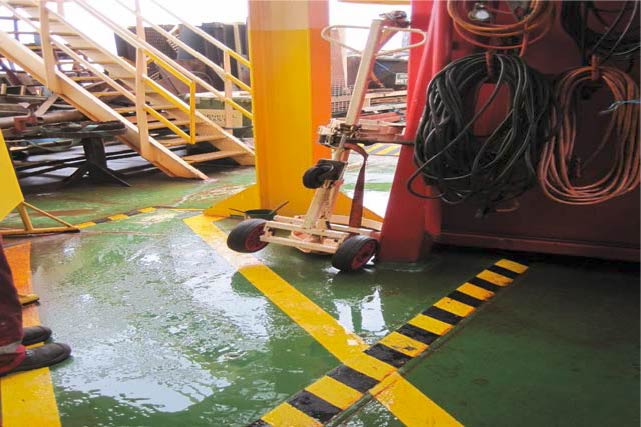
Members may wish to make further use of the IMCA promotional material on this topic:
- Preventing slips and trips (pocket card)
- Preventing slips, trips and falls (poster)
- Look where you are going (poster)
- Take care on the stairs (poster)
- Slips, trips and finger nips (video)
Safety Event
Published: 31 October 2014
Download: IMCA SF 17/14
IMCA Safety Flashes
Submit a Report
IMCA Safety Flashes summarise key safety matters and incidents, allowing lessons to be more easily learnt for the benefit of all. The effectiveness of the IMCA Safety Flash system depends on Members sharing information and so avoiding repeat incidents. Please consider adding [email protected] to your internal distribution list for safety alerts or manually submitting information on incidents you consider may be relevant. All information is anonymised or sanitised, as appropriate.
IMCA’s store terms and conditions (https://www.imca-int.com/legal-notices/terms/) apply to all downloads from IMCA’s website, including this document.
IMCA makes every effort to ensure the accuracy and reliability of the data contained in the documents it publishes, but IMCA shall not be liable for any guidance and/or recommendation and/or statement herein contained. The information contained in this document does not fulfil or replace any individual’s or Member's legal, regulatory or other duties or obligations in respect of their operations. Individuals and Members remain solely responsible for the safe, lawful and proper conduct of their operations.
